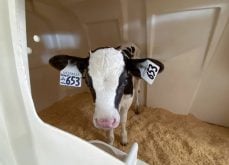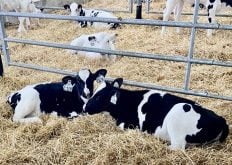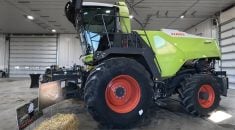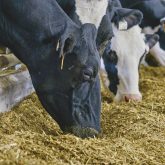States in the U.S. are playing a key role in the nation’s response to a growing outbreak of avian flu among dairy cattle that has also infected a small number of humans.
The states are chiefly responsible for testing cows and people for the virus, but they take different approaches. Scientists tracking bird flu are increasingly concerned that current surveillance efforts are not sufficient.
Federal officials have warned that further spread of the virus among cows could heighten the risk of more human infections, though the risk to the general public remains low.
Read Also
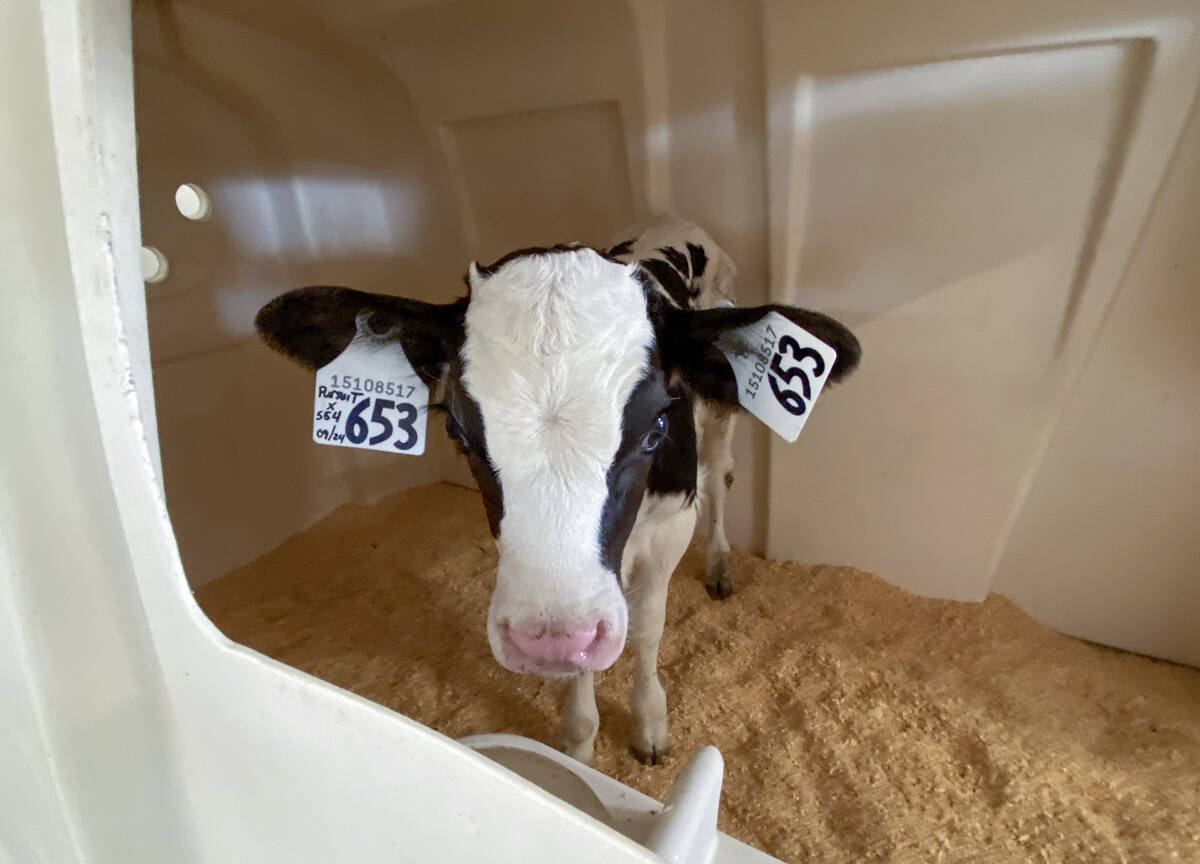
Lactanet turns methane expertise into business opportunity
Lactanet’s new fee-for-service breeding tool initiative to reduce greenhouse gas emissions in Canadian and Swiss Holstein herds will launch in April 2026.
As of July 9, bird flu had infected 139 dairy cow herds across 12 states since March, according to the U.S. Department of Agriculture. Four dairy workers have also been infected, the most recent in Colorado on July 3.
Here is how the 13 U.S. states with bird flu cases in dairy herds are handling cattle and human testing.
Cattle testing
States with bird flu in dairy herds are testing cattle at the behest of farmers who suspect infections, for research, or for other reasons, agriculture department officials said.
Iowa is additionally requiring testing for dairy herds within a 20-kilometer (12.4-mile) radius of any poultry farms with bird flu infections, which is currently about 25 to 35 herds, said Don McDowell, communications director for the Iowa Department of Agriculture and Land Stewardship.
Minnesota is testing farms with contact to infected herds, said Brian Hoefs, the state’s chief veterinarian and executive director of the Minnesota Board of Animal Health, tracing suppliers, equipment and staffing that had access to an infected farm.
The USDA in May began requiring states to test lactating dairy cows before they were shipped across state lines, the only national testing requirement the agency has issued. About 6,600 cows have been tested under that order, according to USDA data.
A spokesperson for the USDA said the agency is committed to working with states on their efforts to contain and eliminate bird flu, including possible further testing requirements.
Human testing
As of early July, 99 people had been tested for bird flu in four states this year, according to state health officials: Michigan (56 people), Texas (20), Idaho (8), Colorado (8) and New Mexico (7).
Officials in North Carolina, Ohio, South Dakota and Minnesota told Reuters they had not tested any people since the dairy outbreaks began.
The states varied in their testing criteria, considering factors like whether a patient was exposed to sick animals or displayed symptoms.
Health departments in Wyoming and Kansas did not respond to requests for their human testing figures. Iowa’s health department said it is monitoring all people exposed to the virus for symptoms but did not provide a figure for any human tests.
The Centers for Disease Control and Prevention has said at least 53 people have been tested for bird flu. The figures are different because the CDC is only reporting tests done on people exposed to sick dairy cattle, whereas states are also in some cases testing people exposed to other sick animals like cats, said CDC spokesperson Jason McDonald.
The CDC advises clinicians to notify local and state health departments if they wish to test someone for bird flu. The doctor should then notify CDC immediately if the tests are positive or inconclusive.
—Reporting for Reuters by Leah Douglas in Washington and P.J. Huffstutter in Chicago





